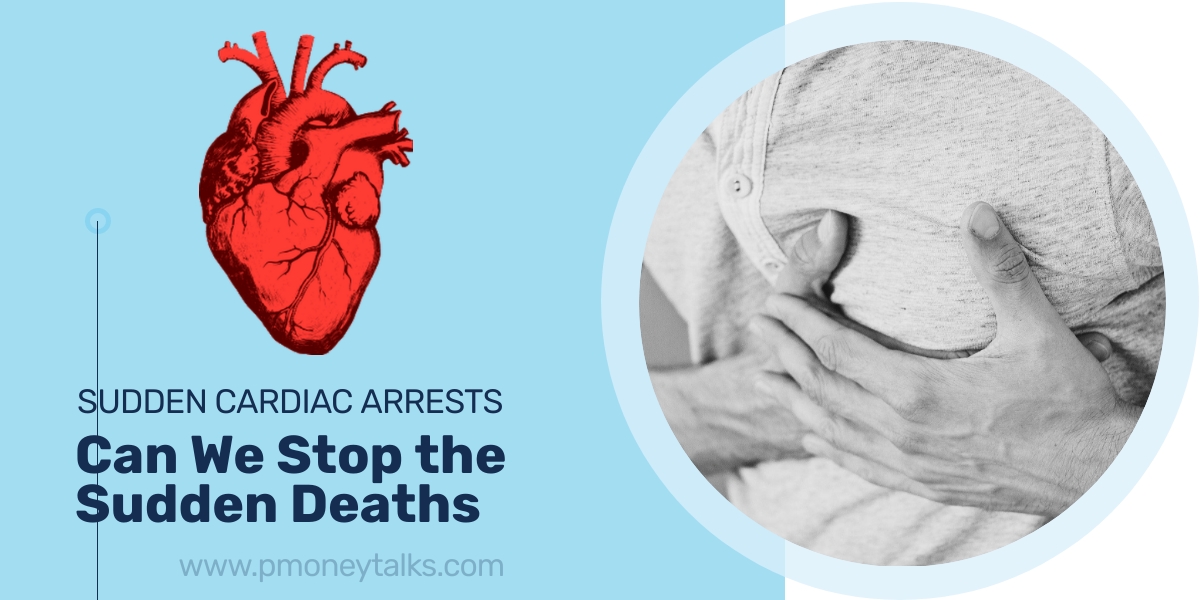About mid December 2019, a prominent member of the Nigerian Senate was reported to have slumped and died in his home, upon returning from a short trip. Reports say the cause of death was a sudden cardiac arrest.
On October 11, 2019, the PUNCH newspapers reported that a man suddenly collapsed during his own wedding reception and later died in hospital. According to the report, the deceased, who had just got married was dancing heartily when the incident took place.
Similarly, around the Ogba area of Lagos, a man was reported to have slumped while jogging. Efforts by witnesses and passers-byes to save the man by rushing him to a hospital nearby, failed as he was certified dead.
Over 1 million cases of heart attacks are reported every year in Nigeria. Another 100 thousand cases of sudden cardiac arrest are also reported annually according to research from the College of Medicine, University of Ibadan.
READ ALSO: China Infamous One-Child Policy: Implications and Lessons for Nigeria
Experts have opined that the rising incidence of sudden cardiac arrest could be an indication of a high prevalence of cardiac related conditions and illnesses. Every other day, we hear of one report or another of a sudden death here or there, most of which could be a result of sudden cardiac arrest and other predisposing factors such as high blood pressure.
Pour Water and Pray
Ironically, as these stories happen, the initial reaction by witnesses is the usual method of, pour water on victim and pray. Even with the introduction of emergency response services in states like Lagos, a huge gap still exists in the provision of emergency care services.
For instance, if someone were to slump at an event at say Eko Hotel and Convention centre, the National Stadium, on the Lekki-Ikoyi bridge, or that large church/mosque, are there devices such as public access defibrillators to help revive the patient?
Are there passersby or eyewitnesses at emergency sites who can resuscitate a slumped person How many people know how to perform a basic CPR resuscitation to a victim of a sudden cardiac arrest?
READ ALSO: Ladies, Wearing Pants To Bed Can Cause Health Issues For You
What could be responsible for the growing number of cases reported? Are there prevention and treatment solutions available to the public? What can be done to enlighten the public on what to do, and how to manage such conditions/cardiac emergencies? These are pertinent questions facing the healthcare sector in Nigeria that call for urgent answers.
Are We All At Risk?
As, Nigerians, we are very energetic and lively people who engage in some form of activity or the other, more especially for those resident in commercial cities like Lagos, Abuja, Port Harcourt and Onitsha. If we consider the risk factors necessary for a Sudden Cardiac Arrest or a heart attack to happen, we'll find that we are even more robe to this condition than we know.
Some of thee risk factors include stress, high blood pressure, fatigue, smoking, diabetes, high blood cholesterol, a family history of sudden death, heart failure, or massive heart attack.
For those of us who are heavy drinkers, smokers, Diabetics or are predisposed to high blood pressure, the risk of a Sudden Cardiac Arrest and sudden death are even higher.
This is more reason why I believe we ought to see the spate of sudden death in Nigeria as a matter of public health concern.
Emergency Care in Nigeria
It is estimated that sudden cardiac death accounts for up to 50% of all heart disease related deaths. Yearly, over 7 million people suffer from sudden cardiac arrests globally. As evidenced by the "pour water and pray" reaction to most emergency scenarios, it is apparent that a lot of Nigerians are ignorant on how to manage emergencies.
In saner climes, it is standard procedure for public places as well as healthcare facilitates to be equipped with defibrillators to provide required lifesaving aid in life-threatening emergencies.
Since a sudden cardiac arrest can happen to anyone, anywhere and at any time, it becomes even more important for us to pay more attention to emergency care and providing resuscitation devices such as defibrillators and and strategies as a matter of public health concern.
READ ALSO: 5 Tips to Stay Healthy During Rainy and Cold Seasons
Research has shown that early defibrillation (shock within 5 minutes) which is a high-priority goal of emergency care in order to help save lives and improve survival rates in the event of sudden collapse or heart attack. This is because, during a cardiac arrest, the probability of survival decreases by about 10% every minute. The speed with which defibrillation is performed is the major determinant of the success of resuscitative attempts for treatment of cardiac arrest.
This means that, if a person slumped, but a defibrillator was available to provide defibrillation within 5 minutes, the chances of the person being revived and surviving is very high.
In conclusion, asides from medical practitioners such as doctors and nurses, I believe that lay people, students, other healthcare workers and volunteers should be trained on performing cardiopulmonary resuscitation (CPR) and how to use emergency resuscitation devices.
A two-pronged approach of providing emergency training, along with emergency care devices such as automated external defibrillators installed in public as well as private spaces would go a long way to reduce the statistics of sudden deaths across the country.
If this is done at different levels, and across various public and private spaces, in schools, religious groups, event centers, etc, perhaps we can see real improvement in our healthcare system.




















No comments
Share your view on this post...